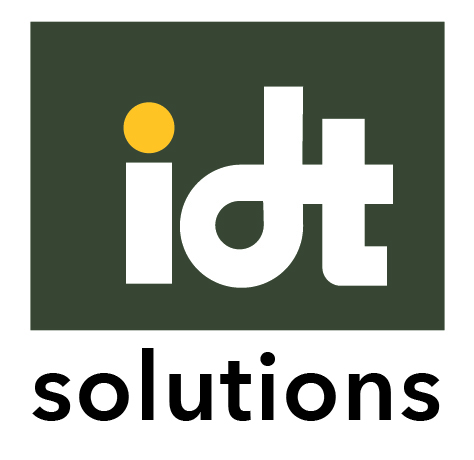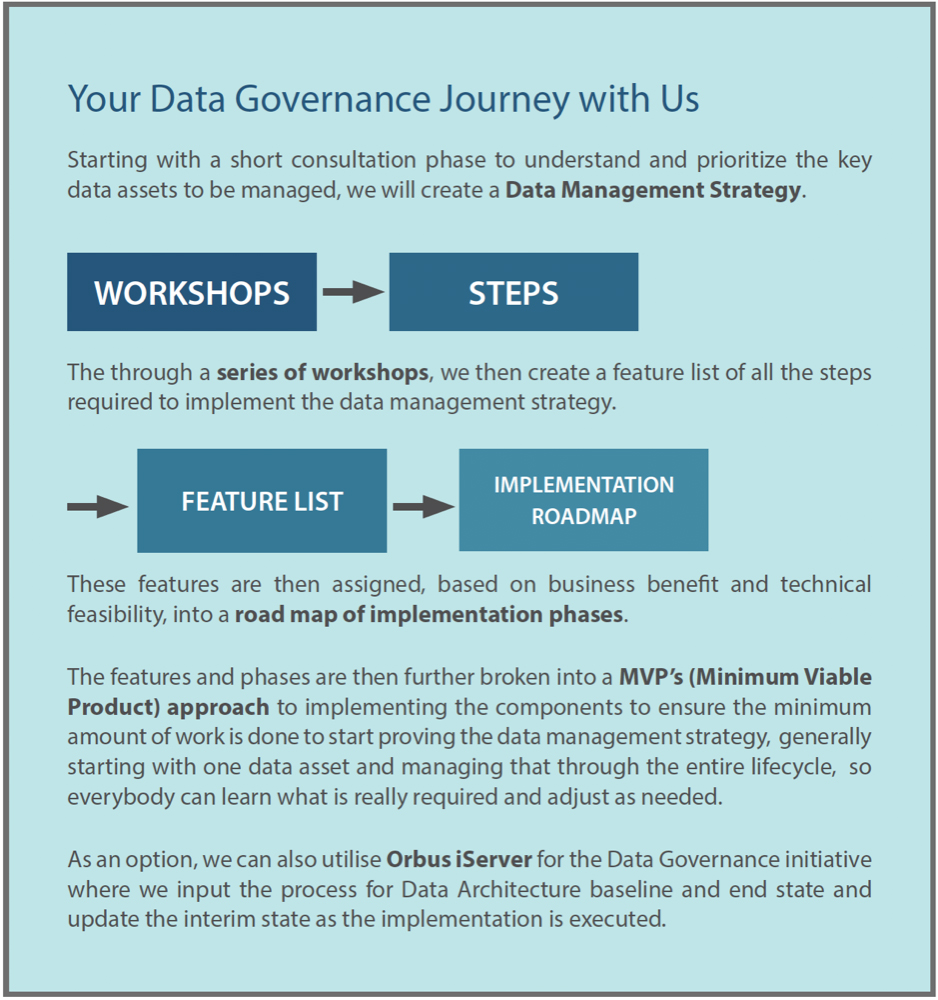Data governance is not just about technology. It’s about people taking responsibility for the information assets of their organization by looking at the processes they use to interact with information as well as how and why it’s being used.
Creating a framework to ensure the confidentiality, quality, and integrity of data – the core meaning of data governance – is essential to meet both internal and external requirements.
Successful organizations first identify business problems within their organization and describe them in terms of the business impact and assign a business sponsor with appropriate KPI’s. Data management is too often considered an IT problem.
Initiatives in many organizations become bogged down in bureaucracy. The more data, applications, and people that are involved, the bigger the challenge and the need. Taking an incremental agile approach using a repeatable framework is a practical, proven strategy.
The following are the keys to a successful for data management initiative:
Organizational – Different groups within an organization must communicate and coordinate well with one another
Data quality, MDM, and data migration integration – Applications and data must speak to one another, and this must be addressed up front and planned for in any integration initiative
Accountability and ownership of data – People must be held accountable for information assets and supported with technology to ensure the integrity of the assets
Cost – Data governance initiatives must be implemented in such a way that costs are recouped and business value is proven.

